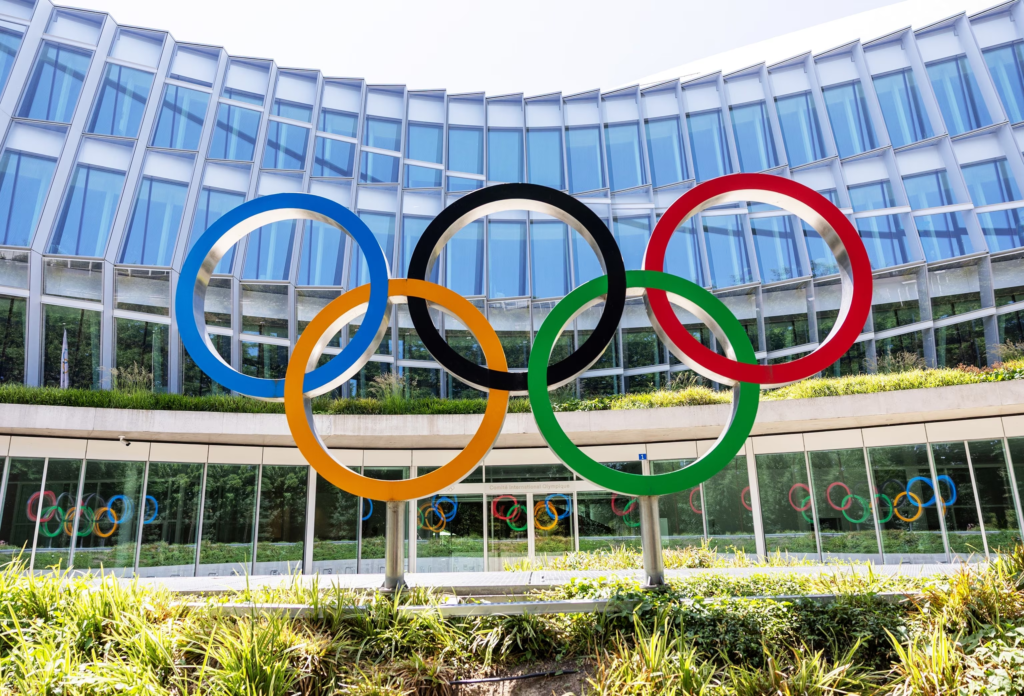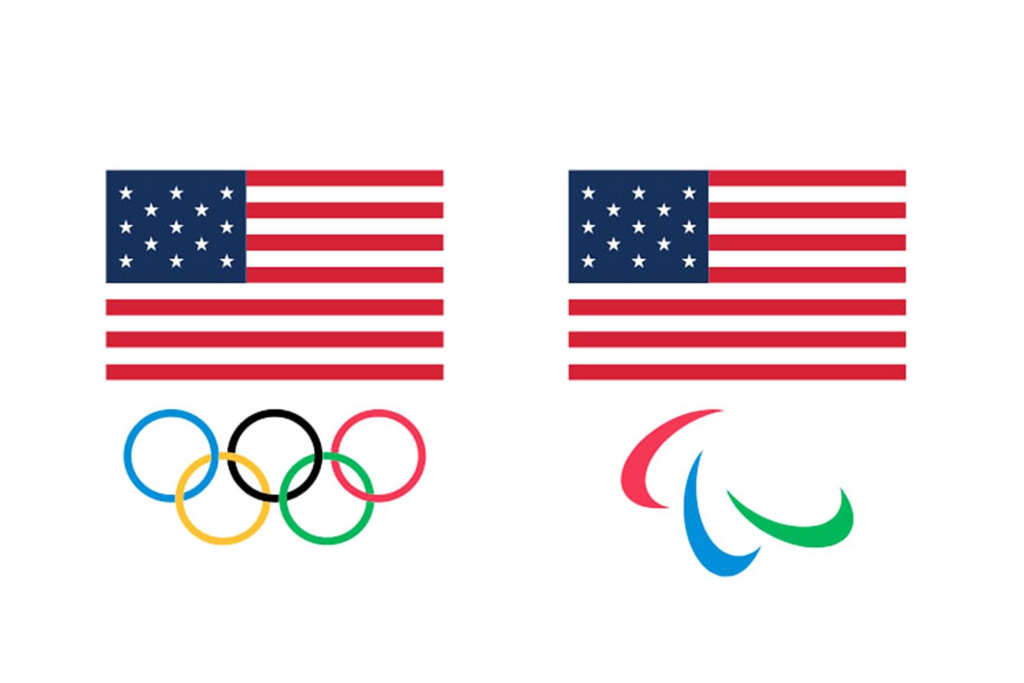US Olympic and Paralympic Committee has enforced a controversial new ban preventing transgender women from competing in women’s sports categories. The decision follows a federal mandate issued under former President Donald Trump’s reinstated executive policy aimed at restricting transgender participation in athletics.
The USOPC announced the policy change as part of its updated compliance rules, signaling a major shift in how the organization determines athlete eligibility ahead of the highly anticipated Paris 2024 Olympic Games. With the Olympics approaching fast, the ban has triggered urgent responses from athletes, advocacy groups, and international sports bodies facing an evolving legal and ethical crisis.
US Olympic Ban and the Political Context Behind the Decision
The US Olympic and Paralympic Committee’s ban on transgender women athletes is a direct result of the latest federal directive issued by former President Donald Trump. The order, signed earlier in 2025, requires all national sports organizations receiving federal support to enforce restrictions on transgender participation in women’s categories.

This executive action is based on claims of maintaining “fairness” in competition, arguing that transgender women, even after undergoing hormone therapy, retain physical advantages over cisgender female athletes. While the Trump administration frames it as a matter of competitive integrity, the move has been labeled by critics as discriminatory and politically motivated.
The US Olympic leadership emphasized that its decision stems from the legal obligation to comply with federal mandates. Although the committee has previously supported inclusive practices, it now finds itself navigating between its inclusive values and legal compliance pressures.
This policy shift is occurring as state-level bans across the U.S. mirror the federal position, further embedding the issue into national politics. The timing, just months before the Paris 2024 Games, adds urgency and intensity to the conversation both on and off the field.
What the Ban Means for Athletes
The ban specifically affects transgender women who were assigned male at birth but identify and live as women. Under the new policy, these athletes will no longer be allowed to compete in events designated for female competitors, regardless of their current hormone levels, surgical status, or time spent transitioning.
Transgender men (those assigned female at birth who identify as male) are still allowed to compete in men’s categories. However, they may be required to meet certain medical and hormonal standards depending on the sport.
Athletes currently undergoing transition or those already training for the Olympics may now be disqualified based solely on their gender identity. This policy puts several athletes in a difficult position, as many have already spent years preparing under previous inclusion policies established by the International Olympic Committee (IOC) and other governing bodies.
Response from Advocacy Groups and Athletes
The decision has sparked an outpouring of reactions from LGBTQ+ advocacy organizations, athletes, and civil rights leaders across the country. Many see the ban as a rollback of hard-won inclusion rights and a violation of human dignity and fairness.
Critics argue that the policy promotes discrimination and sends a damaging message to young transgender athletes. They also point out that no substantial evidence proves transgender women have an overwhelming competitive advantage when medical and hormonal regulations are properly followed.
Meanwhile, supporters of the ban believe it restores fairness to women’s sports and protects the integrity of female competition. They argue that physiological differences between cisgender and transgender women cannot be ignored, even after hormone therapy.
This ongoing debate continues to highlight the tension between inclusion, science, fairness, and politics.

Global Impact and Olympic Policy Clash
The USOPC’s new policy may also put it at odds with the International Olympic Committee (IOC), which has adopted more flexible guidelines regarding transgender athletes in recent years. In 2021, the IOC released a framework that allows each sport’s governing body to set specific criteria for trans athlete inclusion, moving away from blanket policies.
Under IOC guidelines, inclusion is encouraged as long as no “disproportionate advantage” can be proven. However, these guidelines are non-binding, and national committees are free to implement stricter rules based on local laws or regulations.
By choosing to comply strictly with Trump’s order, the USOPC sets a precedent that may influence other national committees facing similar legal or political pressures. The conflict between national laws and international sports guidelines may lead to broader discussions at the Olympic level in the months to come.
What This Means for the 2024 Paris Olympics
With the 2024 Paris Olympics set to begin soon, the timing of this ban creates a high-pressure situation for athletes, coaches, and sports officials. Transgender women who were preparing to compete under previous guidelines may now be ruled ineligible, which could also lead to legal challenges or last-minute changes in national team rosters.
The USOPC has not released an exact number of athletes impacted by the new policy, but insiders suggest several individuals across sports like track and field, swimming, and weightlifting could be directly affected.
Additionally, Paralympic athletes who are transgender will face the same restrictions. This adds another layer of complexity to a community that already navigates significant barriers in elite sports.
Athletes and sports unions are reportedly considering appeals, and legal experts suggest that lawsuits challenging the federal ban could emerge in the coming months.
Looking Ahead: Legal Challenges and Social Divide
Civil rights groups such as the Human Rights Campaign, ACLU, and TransAthlete have strongly condemned the decision. They are calling for immediate reversal and are preparing legal actions to challenge the policy under constitutional grounds, particularly those tied to equal protection and anti-discrimination laws.
On the other side, conservative organizations have praised the USOPC for upholding what they consider to be biological fairness and legal compliance. Republican lawmakers have also voiced support, saying the ban ensures a level playing field for female athletes.

This issue will likely remain in the national spotlight throughout the Olympic season, with potential court rulings or policy revisions arising from public pressure or judicial action.
Conclusion
The US Olympic and Paralympic Committee’s decision to ban transgender women from competing in women’s sports, in alignment with Trump’s federal order, has opened a new chapter in the ongoing debate over gender, sports, and fairness.
With the Paris 2024 Olympics just around the corner, this policy change affects not only athletes’ dreams but also the future of sports inclusion and civil rights in the United States. As both supporters and opponents dig in, the nation and the world will be watching closely to see how this story unfolds.
Read more – Moon-Based Data Centres & Spaceports: A Giant Leap Ahead






